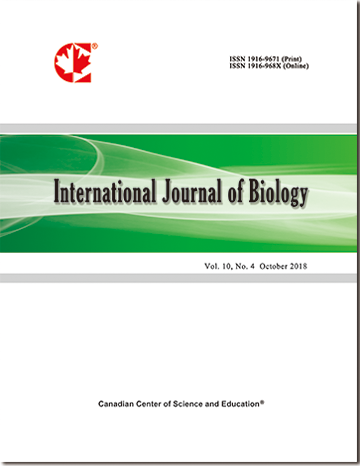Human Pathogens as Capstone Application of the Economics of Information to Convention on Biological Diversity: The Receptivity of Research Scientists
- Joseph Vogel
- Barbara Hocking
- Claribel Fuentes-Rivera
- Omar Oduardo-Sierra
- Ana Zubiaurre
Abstract
Economics provides powerful abstraction. To deploy that power the object of resource allocation must be correctly identified. The 1992 United Nations Convention on Biological Diversity (CBD) and the 2010 Nagoya Protocol (NP) define “genetic resources” as “material” despite being immaterial. The error has generated unresolved and contentious issues surrounding access and the fair and equitable sharing of benefits arising from utilization (ABS). A correct classification of the object as “natural information” invites “the economics of information” with radically different implications for policy: bounded openness, tracking utilization through disclosure in patents and royalties shared proportional to habitat among “countries of origin.” Human pathogens are a peculiar case of applying the same economics of information where the overarching objective is inverted: in situ eradication rather than in situ conservation. Because time translates into lives, incentives must be institutionalized for speedy entry of samples into the international medical research stream with sharing in benefits for utilization on a nuanced first-to-submit principle. As such the benefits would be greatest for just one country of origin which could then determine incentives within its scientific community. Researchers who have published work on pathogens in the first year of the NP (2011) were surveyed. The results support the application of the economics of information to ABS policy.
- Full Text:
 PDF
PDF
- DOI:10.5539/ijb.v5n2p121
Index
- ACNP
- AGRICOLA
- BASE (Bielefeld Academic Search Engine)
- CAB Abstracts
- CiteFactor
- CNKI Scholar
- CrossRef
- DTU Library
- Elektronische Zeitschriftenbibliothek (EZB)
- Excellence in Research for Australia (ERA)
- Google Scholar
- Infotrieve
- LIVIVO (ZB MED)
- LOCKSS
- Max Planck Institutes
- MIAR
- PKP Open Archives Harvester
- Qualis/CAPES
- ResearchGate
- ROAD
- SafetyLit
- SHERPA/RoMEO
- Technische Informationsbibliothek (TIB)
- Universe Digital Library
- WorldCat
Contact
- Ryan JonesEditorial Assistant
- ijb@ccsenet.org
